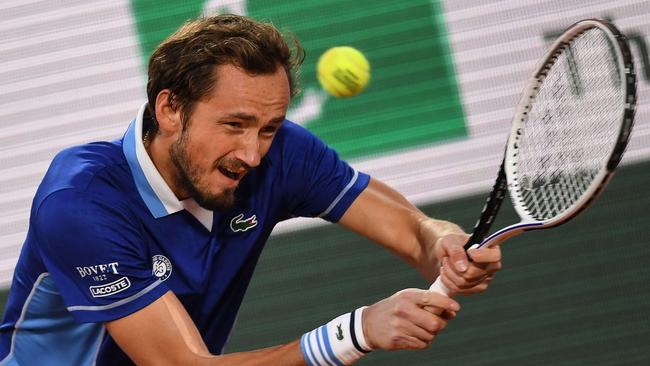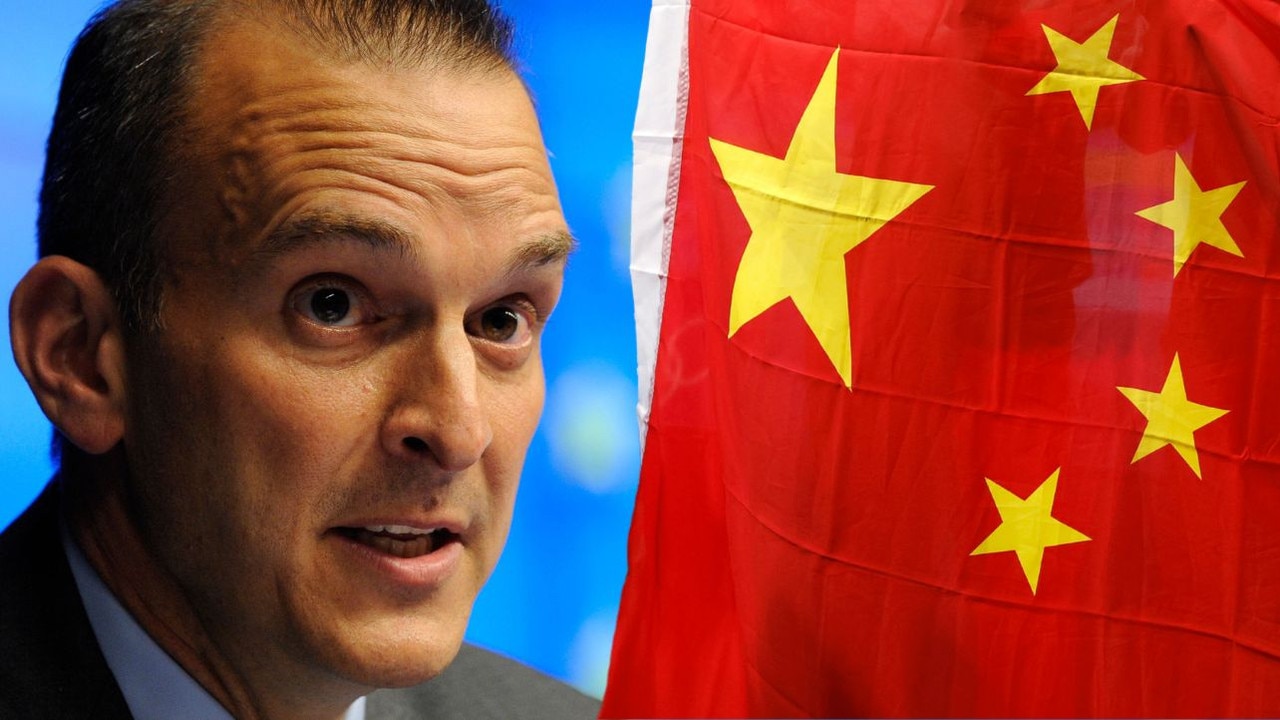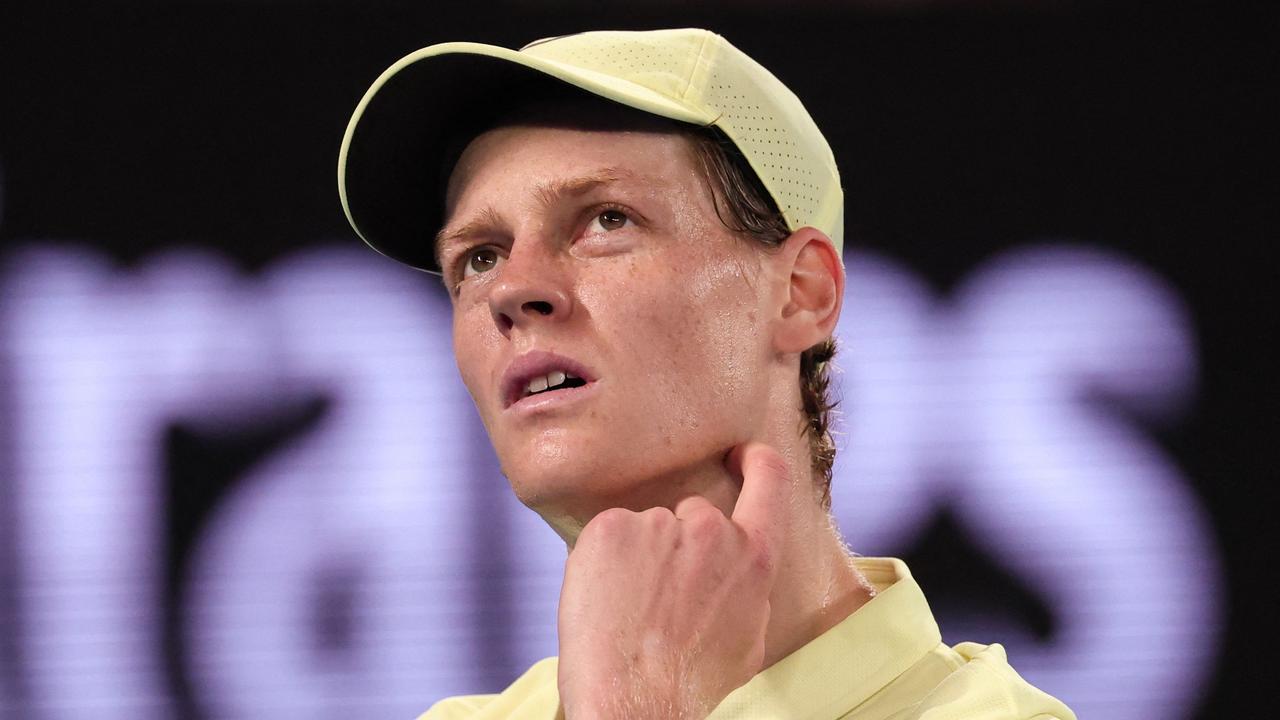Wimbledon security chiefs on alert for cyber attacks
Wimbledon security chiefs are on high alert for retaliatory attacks over the ban on Russian and Belarusian players.

Wimbledon security chiefs are on high alert for the threat of cyberattacks aimed at disrupting the tournament’s computer systems — including the scoreboards — in retaliation for the ban on Russian and Belarusian players.
The All England Club has also announced record total prize money of $71m, with $88,000 guaranteed for first-round losers. This should entice the majority of top players to the championships, which start on June 27, and ward off fears of high-profile withdrawals after the removal of ranking points from this year’s tournament by the ATP and WTA tours.
The player ban has, however, heightened concerns about cyberattacks. Russian hackers targeted sports organisations after athletes were excluded from events in 2016 as punishment for state-organised doping.
There are fears hackers may attempt to break into the scoring system and disrupt it during matches, causing the tournament reputational damage.
IBM, which carries out the cybersecurity for Wimbledon and runs the tournament’s computer systems, says on its website that it blocks tens of millions of “security incidents” during the fortnight every year. IBM is understood to be confident it can deal with any enhanced threat to the system, which is used for all the scoring, results, scheduling and statistics.
Artificial intelligence systems brought in by IBM five years ago have proved key in detecting cyberattacks. They prevented any breaches of the website last year. However, IBM’s website adds, regarding Wimbledon, that “inevitably, such a high-profile sporting event attracts cyberattackers, whose aim is to disrupt and cause reputational damage”.
Wimbledon announced the ban on Russian and Belarusian players in April, citing “the high-profile environment of the championships (and) the importance of not allowing sport to be used to promote the Russian regime”.
Wimbledon says there has been no increase in hacking attempts since the ban, but one All England Club member told The Times there are real concerns about cyberattacks, given Russia’s recent history.
A Russian hacking operation, Fancy Bears, gained access to files from the World Anti-Doping Agency and soccer’s world governing body, FIFA, among other sports organisations in 2016 and 2017. This happened after WADA’s recommendation that Russian athletes be denied invitations to the 2016 Rio Olympics because of state-sponsored doping.
The increase in prize money means the overall pot for the championships passes $70m for the first time, on the 100-year anniversary of Centre Court. There is a noticeable shift in the distribution of prize money towards lower-ranked players. The men’s and women’s singles champions will each receive $3.5m, a 14.9 per cent fall on 2019, although this is still more than the French Open ($3.3m), Australian Open ($2.9m) and US Open ($3.5m). The runners-up and semi-finalists will also receive less compared with three years ago.
Even in the qualifying competition, generally contested by players ranked between No 110 and No 250, those who fail to win a match will be given $1900.
Meanwhile, the IOC president, Thomas Bach, has criticised the British government for influencing the Wimbledon ban. He said: “This is against all the principles we are standing for. If we leave this to the governments then we are becoming a political tool and we cannot guarantee fair competition.”
The Times


